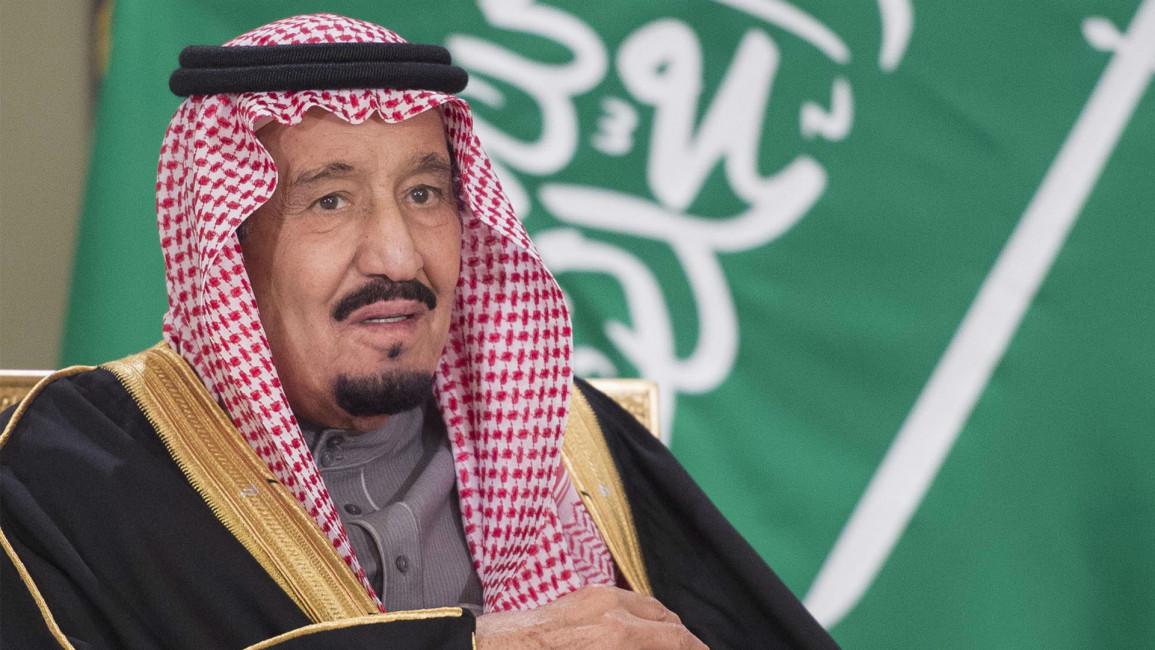EU, US shy from Canada-Saudi spat but seek details of arrests
The United States and the European Union said on Tuesday that they are seeking details about the arrest of women's rights activists in Saudi Arabia, but they sidestepped a sensitive diplomatic dispute over the crackdown between the ultraconservative kingdom and Canada.
Saudi Arabia expelled the Canadian ambassador Monday and froze "all new business" with Ottawa over criticism of its arrest of women's rights activists. Analysts say the dispute shows Saudi Arabia will reject any outside criticism and continue to flex its muscles abroad, especially as the kingdom enjoys a closer relationship with US President Donald Trump.
Describing both countries as "friends" and "partners" of the US the State Department on Tuesday called on both countries to resolve the issue "diplomatically."
"We have raised (the issue) with the government of Saudi Arabia," Heather Nauert said speaking to reporters in Washington. "The United States has respect for internationally recognised freedoms and also individual liberty — that certainly hasn't changed."
Nauert added that the United States "would encourage the government of Saudi Arabia overall to address and respect due process."
Questioned in Brussels about the tensions, European Commission spokeswoman Maja Kocijancic said that "we have been seeking clarification from Saudi authorities" over a number of arrests since May.
She said the European Commission wants to understand the allegations against the activists and to ensure they receive a fair trial.
On the diplomatic dispute, Kocijancic said that "we don't comment on bilateral relations." She said "we are in favor of a dialogue."
The dispute appears centered around tweets by Canadian diplomats calling on the kingdom to "immediately release" detained women's rights activists.
Among the arrested activists is Samar Badawi, whose writer brother Raif Badawi was arrested in Saudi Arabia in 2012 and later sentenced to 1,000 lashes and 10 years in prison for insulting Islam while blogging. He won Europe's top human rights prize in 2015.
His case long has been raised by international human rights groups and Western diplomats, including Canadians, who have called on Saudi Arabia to free him. His wife, Ensaf Haidar, lives in Canada and received Canadian citizenship in July.
It's not the first time Saudi Arabia has lashed out diplomatically over the Badawi case. In 2015, Riyadh recalled its ambassador to Sweden and stopped issuing work visas for Swedes after the EU member country's foreign minister described the Badawi court decision as "medieval" and the kingdom's ruling al-Saud family as presiding over a "dictatorship."


